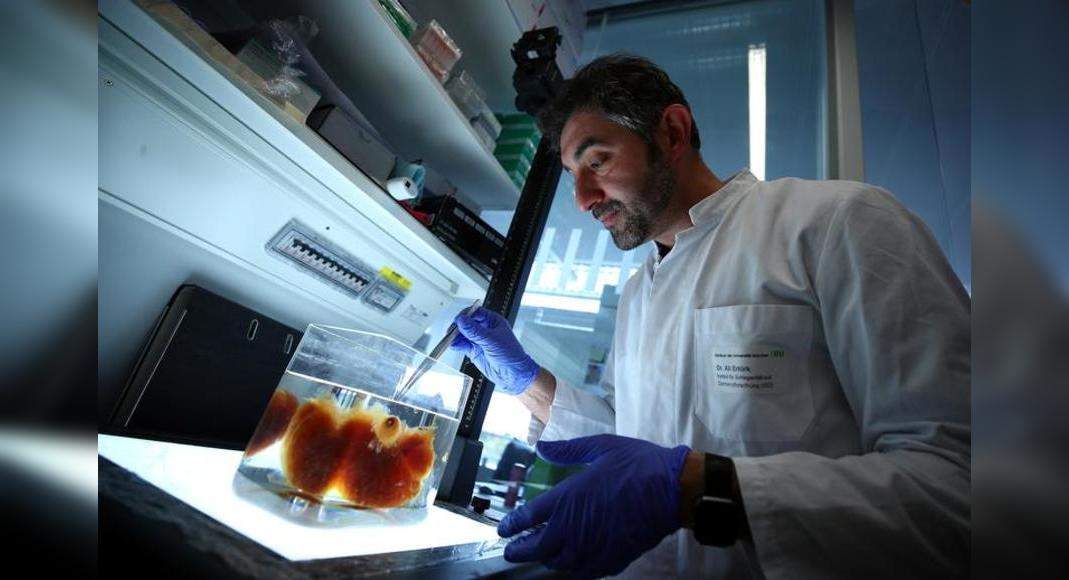Stockholm, Sweden: Nano-sized molecules from certain chemical elements can inhibit plaque formation in brain tissue.
The discovery by researchers at the University of Umea-Sweden, in collaboration with researchers in Croatia and Lithuania, gave new hopes for new care, for example, Alzheimer’s and Parkinson’s disease in the long run.
“This is indeed a very important step that can form the basis of new and efficient care of future neurodegenerative diseases,” said Professor Ludmilla Morozova-Roche at Umea University.
When the protein incorrectly folds it forms a dissoluble fibril called amyloid, which is involved in several serious diseases such as Alzheimer’s and Parkinson, Corino de Andrade and crazy cattle disease.
The aggregate of amyloid kills neuron cells and forms amyloid plaque in brain tissue.
What researchers in Umea in Sweden, Vilnius in Lithuania and Rijeka in Croatia have found that certain nanosized molecules can inhibit the formation of the S100A9 pro-inflammatory amyloid protein.
This molecule can even dissolve the previously formed amyloid, which has occurred indicated by using an atomic microscope and fluorescence technique.
The molecule in question is a nanosized medication, called a polyoxometic ion with a negative charge containing the niobium chemical element.
“Further research is needed before we can safely say that functioning care can be derived from this, but the results have so far proved very promising,” said Ludmilla Morozova-Roche.
The researchers have worked with two different Polyokson molecules, NB10 and Tinb9.
Both turned out to inhibit amyloid SI00A9 by forming ionic interactions with positively charged fillings on the surface of the protein, which is very important for amyloid self assembly.
Polioxonori molecules that have been studied are relatively stable chemically and dissolved in water.
The molecules are nanosized, which means they are very small.
This nanomolecule-nanomolecules can also be interesting for other medical applications such as implants thanks to their biocompatibility and stability.
At the UMEA University, two research groups, from the Faculty of Medicine and the Ministry of Chemistry, has collaborated by overcoming different problems and by applying the broad spectrum of biophyzing and biochemical techniques and through molecular dynamics simulations.







